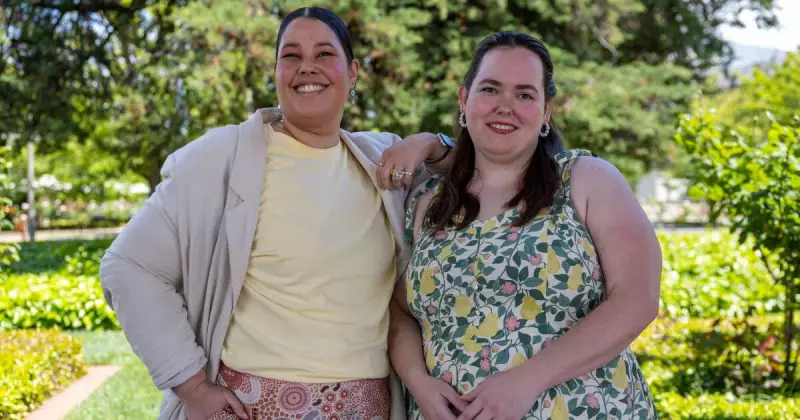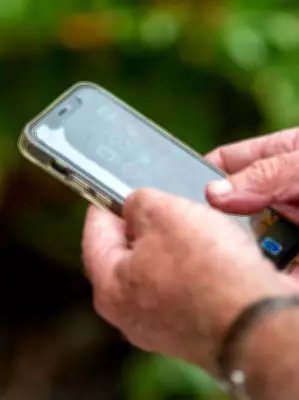
The Albanese government is taking decisive action to make social media platforms safer for Australian users, announcing plans to legislate a digital duty of care that would force major tech companies to proactively prevent harm.
Communications Minister Anika Wells will launch public consultation on the proposed laws this Saturday, marking a significant step beyond the under-16s social media ban scheduled to begin on December 10.
Personal Stories Highlight Urgent Need
Jane Murphy, a 29-year-old who has battled an eating disorder since childhood, understands the dangers of unfiltered social media content all too well. Despite seven years in recovery, she continues to struggle against algorithms that push weight loss and diet content.
"I still find myself to this day fighting my algorithm," Mrs Murphy told The Canberra Times, recalling how pro-anorexia accounts affected her as a young teenager.
Now in recovery, she emphasizes that legislation forcing social media companies to act "could be a really powerful tool to keep people safe, especially people who, whether it's because of age or other reasons, are really vulnerable to something like an eating disorder."
Government Takes Proactive Stance
Minister Wells stated that the digital duty of care would fundamentally change how platforms approach user safety. "A digital duty of care will force the online industry to take stronger action to keep users safe when they log on rather than the reactive system that exists now," she explained.
The government asserts that large technology companies possess the resources and technical capability to manage harms before they occur, rather than relying solely on individual users to report harmful material after exposure.
This approach represents a significant shift from current practices and would place Australia at the forefront of online safety regulation globally.
Research Reveals Widespread Impact
Supporting the need for stronger measures, research conducted for the Butterfly Foundation reveals that 17 percent of Australians – nearly one in five people – either have an eating disorder or display more than three symptoms of disordered eating.
Deakin University psychology research fellow Dr Hannah Jarman, who chairs the National Taskforce for Social Media, Body Image and Eating Disorders, highlighted the concerning impact on young Australians.
"Social media is a big part of the problem; nearly half of young Australians aged 12 to 15 say it makes them feel dissatisfied with their bodies," Dr Jarman said.
She noted that almost 90 percent of young Australians worry about their body image, with these concerns preventing many from learning, being active, and speaking up for themselves.
Expert Taskforce Recommendations
The National Taskforce for Social Media, Body Image and Eating Disorders has outlined several key recommendations that align with the government's proposed approach:
- Removal of pro-eating disorder and cyberbullying content from social media platforms
- Algorithm and risk audits to identify harmful content distribution patterns
- User controls allowing people to reset algorithms and block specific content types
Parliamentary Friends of Eating Disorders Awareness co-chair Zali Steggall emphasized that meaningful action must extend "beyond an age ban" to create genuine safety improvements.
Balancing Risks and Benefits
Despite the documented harms, both Mrs Murphy and Butterfly Foundation ambassador April Hélène-Horton acknowledge social media's potential for positive impact when properly managed.
"Social media can be a really amazing power for good when it is managed correctly," Mrs Murphy said, noting that these platforms can be "very, very powerful tools for connecting people, for making the world better."
Ms Hélène-Horton emphasized the shared responsibility in creating safer online environments. "We all have a shared responsibility to build online spaces that are kinder, less shaming, and less likely to reinforce harmful beliefs," she stated.
The proposed legislation aims to give users more control over their social media experience. As Mrs Murphy explained, "It gives users the choice to make decisions about what's going to be really good for their mental health and wellbeing."
Australians can participate in the consultation process through an online survey available at www.infrastructure.gov.au/have-your-say/digital-duty-care until the closing date.





